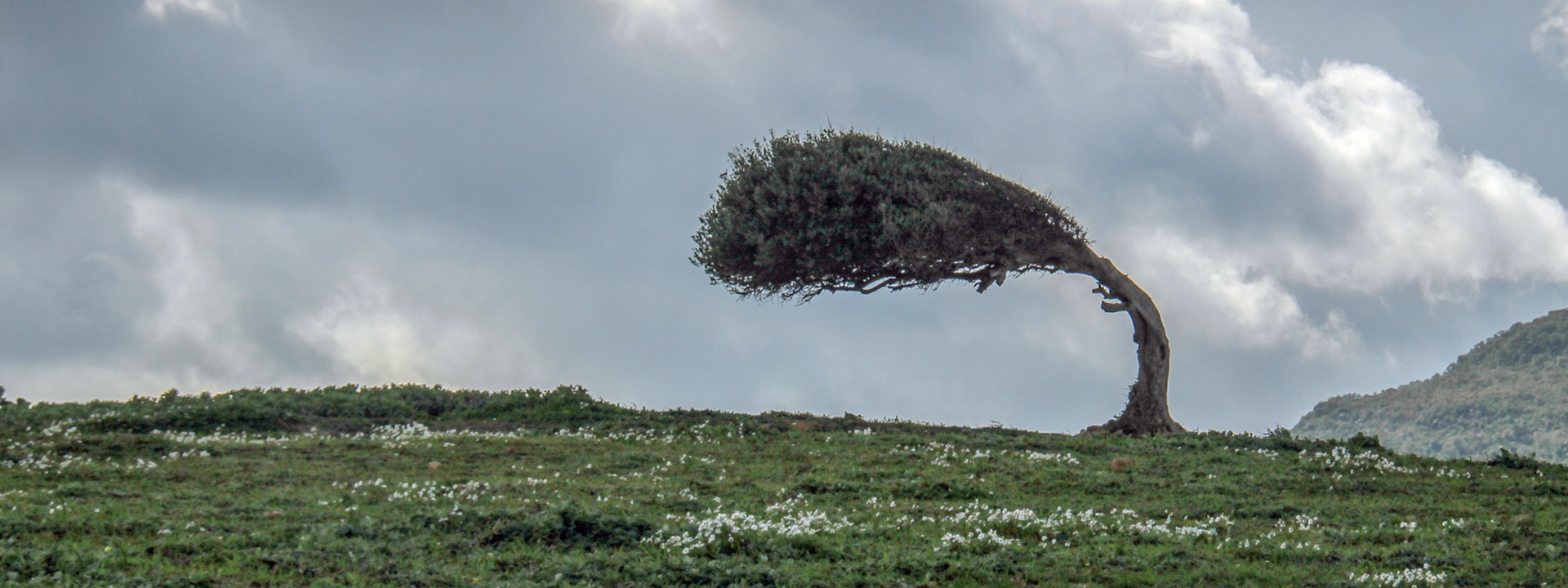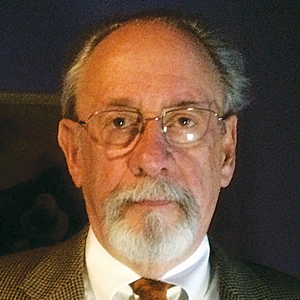
Coming home twice
My friend Johnny was made for the U.S. Army. The toughness, the discipline, the camaraderie and the patriotism. Johnny enlisted right after high school. After boot camp, he found himself in Vietnam with an infantry unit, right where he wanted to be. This was 1967 and war was raging there and at home.
For those who did not come of age in the 1960s, it is hard to imagine the social and political turmoil of that time. There was violence in the streets, bombings and protests against the war. Young men, boys really, were being drafted and sent 12,000 miles away to fight. Many were terribly injured; others came home in body bags.

I don’t know what Johnny experienced in the war; he didn’t talk much about it. I saw a photo of him manning a machine gun at some rice paddy outpost, surrounded by sandbags. Years later he said the first time he killed someone he vomited. Most guys did.
Maybe he vomited more than once. Johnny was big and talked tough and was tough — not afraid of any fight. But, he was also softhearted and sensitive. Over the many years I knew him, he often showed feelings for the underdog; he wore the robe of protector, never the bully.
The war was a mystical, abstract thing for me and my other friends; it existed only on television or in our minds. It was a concept. We could not imagine what it was like to be under fire in a Vietnam jungle. I doubt that we ever really tried to imagine it. It would have been just too far from our easy lives in college or at home on our leafy Chicago street.
After his first deployment in Vietnam, Johnny returned home for a brief R&R. His mother, a big, always-cheerful woman, organized a coming home party with beer and soft drinks, chips and pizza in their living room. Neighbors and friends came, and most of Johnny’s seven brothers were there. It was fun, and all went well until the end of the evening when, after most of the partyers had gone home, my three best friends and I talked with Johnny.
Although he was a little older than us, we were in college. That, I suppose, made us think we were more enlightened (sophomoric). The war had been a frequent topic of our late-night discussions, so we could not resist engaging Johnny in such a discussion — our first such discussion with someone who had actually been in Vietnam. There’s no other way to say it — the four of us ganged up on him. We assaulted him with our Vietnam debate weaponry: “It’s a civil war. We don’t belong there.” “The South Vietnamese government is corrupt.” “The draft is illegitimate.”
If Johnny was even aware of these antiwar arguments, he didn’t care. He just wanted to fight for his country. We pummeled him, four on one, until finally after an hour of this and too much alcohol, he began to cry. Weeping and yelling at us, he stormed out the front door into the night.
Johnny’s mother rushed onto the front porch and called after him, begging him to come back. He disappeared. His mother glared at us — a very rare thing. I don’t remember what she said, but it was clear she was terribly hurt for her son.
My three friends and I were instantly transformed from “intellectually sophisticated” college boys to small, foolish kids. The party ended; we left. We were ashamed and admonished each other for hurting a friend. As I recall, Johnny returned sometime late the next day. His mother was much relieved. A day or two later, Johnny returned to Vietnam to finish his tour of duty.
I think we apologized to Johnny’s mother and, when he returned, to him. Honestly, I’m not sure, but I have never forgotten that night. I have always had many friends, and I put a high value on friendship. This experience was painful for me, and Johnny. But it reinforced in me what the deal in friendship is: You give your friends a break, especially when they need you.

Johnny survived Vietnam, came back home and went to college. After graduation, he left Chicago for a series of jobs in the petroleum services industry, traveling around the world. Eventually, he got married. About 25 years later, Johnny and I suffered through near-simultaneous divorces. Each of us was forced to leave our home and family. It was a miserable time. In early winter, we both returned to the haven of our childhood homes on that same Chicago street to find comfort from family and old friends.
During this time, Johnny and I reconnected. We’d take weekly freezing nighttime walks to some neighborhood tavern to drown our sorrows and talk about our misery. He was hurt; so was I. We never talked about his coming home party in 1967. Now I wish we had.
Those dark winter months formed the basis for a renewed and enduring friendship that lasted for another 13 years, until he died suddenly at home, and alone, of a heart attack.
I hope that I helped Johnny get through some of his misery. Maybe I made up a little for treating him so badly about Vietnam years ago. I know he helped me.
Learning about Vietnam
Many years after Johnny’s coming home party, and a few years after his death, I gradually became interested in Vietnam. I wanted to understand the war. Not the battles necessarily, although some were crucial, but rather the origins of American involvement and decisions made by U.S. leaders — as well as the motivations of the North Vietnamese. American involvement began when the French abandoned their colony there in 1954, after a humiliating defeat by the North Vietnamese revolutionary army.
I began a long effort to learn and understand. I read many books (scholarly historical accounts and novels), watched documentaries and movies — and frequented some of Chicago’s Vietnamese restaurants.
And I did learn. But more importantly, as I immersed myself into this study, my interest broadened to Vietnam the country and the Vietnamese people. Along this 20-year journey, I often thought of Johnny and others I had known who were in the war. I was able to better visualize what things were like for them.

During this period, I had the good fortune to have a young chemical engineer from a Vietnam petrochemical company seconded to the company I worked for. I was assigned to be his manager. This gave me a chance to get to know someone from Vietnam. I made the most of it, and the experience strengthened my interest in his country.
A few years later an opportunity arose to join a tour group to Vietnam. My wife, Kathryn, and I signed up immediately. After two years of cancellations because of the COVID-19 pandemic, we finally made the trip in January 2023. We spent three weeks traveling from Hanoi in the far north to Ho Chi Minh City (formerly Saigon) in the far south, and other cities and villages in between, including Phnom Phen, Cambodia. Interactions with local people were always pleasant and friendly. The natural wonders of Vietnam were spectacular.
We took every opportunity to wander and mingle. The Vietnam of today is a very different place than it was in 1967. The big cities are modern, with giant sky scrapers. But in rural areas the people live a more modest existence. Rice is still the major export crop. I saw new infrastructure construction everywhere. New roads, bridges and factories. I was left with the impression that Vietnam is a happening place, on the move.
There was a quiet man in our group named Larry who had served in Vietnam with the U.S. Army in 1968. He was seriously wounded by a land mine. After a year in Army hospitals and many surgeries, he said, doctors were able to save his right arm and shoulder. Although with limited use of his arm, he was in one piece. Today he owns a horse farm in Wisconsin.
This was Larry’s second return visit to Vietnam. He told me that he found it cathartic. It helped him to forgive and forget. But many of his brothers in arms refused to go back, even with his encouragement. During our trip, Larry was able to return to the site of his battle injury. Talking with him certainly enhanced our experience. Vietnam is now real to me.

Enjoy reading ASBMB Today?
Become a member to receive the print edition four times a year and the digital edition monthly.
Learn moreGet the latest from ASBMB Today
Enter your email address, and we’ll send you a weekly email with recent articles, interviews and more.
Latest in Opinions
Opinions highlights or most popular articles

Sketching, scribbling and scicomm
Graduate student Ari Paiz describes how her love of science and art blend to make her an effective science communicator.

Embrace your neurodivergence and flourish in college
This guide offers practical advice on setting yourself up for success — learn how to leverage campus resources, work with professors and embrace your strengths.

Survival tools for a neurodivergent brain in academia
Working in academia is hard, and being neurodivergent makes it harder. Here are a few tools that may help, from a Ph.D. student with ADHD.

Hidden strengths of an autistic scientist
Navigating the world of scientific research as an autistic scientist comes with unique challenges —microaggressions, communication hurdles and the constant pressure to conform to social norms, postbaccalaureate student Taylor Stolberg writes.

Black excellence in biotech: Shaping the future of an industry
This Black History Month, we highlight the impact of DEI initiatives, trailblazing scientists and industry leaders working to create a more inclusive and scientific community. Discover how you can be part of the movement.

Attend ASBMB’s career and education fair
Attending the ASBMB career and education fair is a great way to explore new opportunities, make valuable connections and gain insights into potential career paths.

